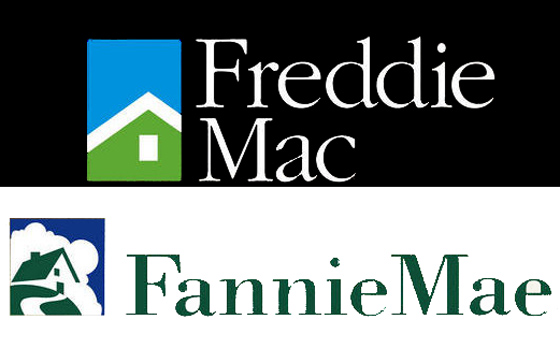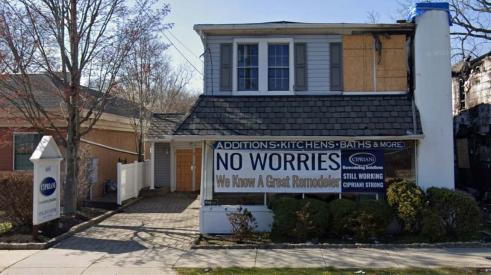Mortgage finance giants Fannie Mae and Freddie Mac could cost the government $53 billion through 2020 or save the government as much as $44 billion, depending on the accounting principles used, the non-partisan Congressional Budget Office said on Thursday.
Using fair value accounting, Fannie Mae and Freddie Mac would cost the government about $14 billion in fiscal 2011, which begins October 1, $9 billion the following year and smaller amounts in later years, to bring the 10-year total cost to $53 billion.
Using cash transaction accounting, the two entities would cost about $20 billion in the first year, $10 billion in fiscal 2012 and then begin to save the government single-digit billions starting in fiscal 2014 to total about $8 billion in net savings over the decade. Cash transactions reflect the payments made between the entities and the federal government, not transactions between the GSEs and the private sector.
CBO uses fair value treatment for its baseline budget forecasts to "provide the Congress with the most accurate information about the cost of supporting" Fannie Mae and Freddie Mac under conservatorship.
The United States government seized the two firms in late 2008 at the height of the financial crisis. Since then, the two entities have taken about $150 billion in direct aid from the government.
Related Stories
4 Steps to Prep Your Business for Contraction
How a remodeling company plans ahead for the worst of times (and the best of times)
Creating a Company Fire Drill: How to Prepare for the Worst
A disastrous fire could have been a lot worse if the business wasn’t prepared for the unexpected
The Fundamentals of Growing Profitably
On this episode of Women at WIRC podcast, Nip Tuck Remodeling Owner April Bettinger shares how she plans for her company's profitable growth
3 Things to Add to Your Construction Contract—From a Lawyer
Did you know you can add these three elements to your contracts?
Study Finds Remodelers’ Net Profits Declined
How far did net profits decline and what's influencing the drop?
The Home Depot Bets on Pros Amid Predictions of Flat Sales Growth
For the first time since 2019, The Home Depot’s revenue fell short of Wall Street’s predictions amid a general softening in the home improvement market
Indicators of a Softening Market and How to Prepare
Market conditions could be changing, but don't panic. Richardson shares ways to stay on top of market conditions and how to prepare for any potential softening down the road.
Grow Your Business Through Collaboration with Remodeling Peers
Remodeling Mastery Forums offers a unique business opportuniy for remodelers













